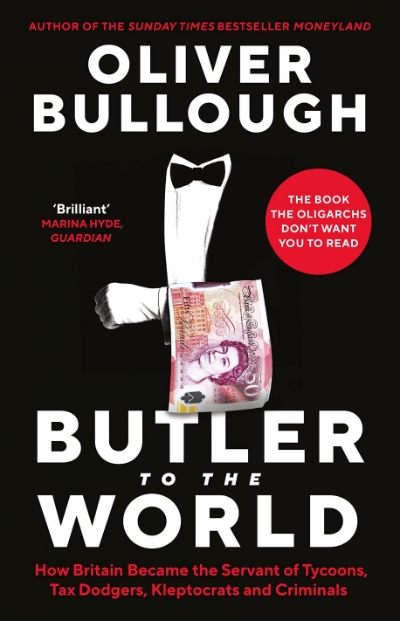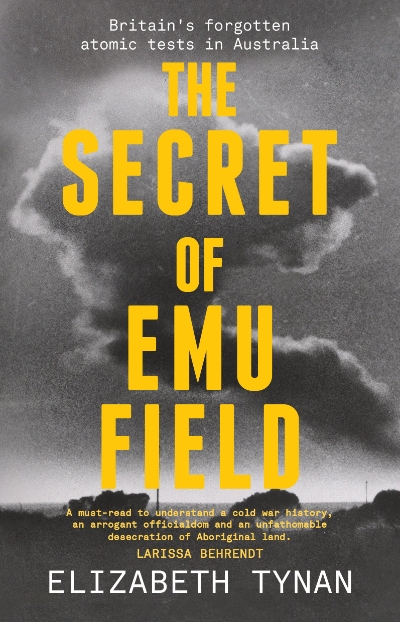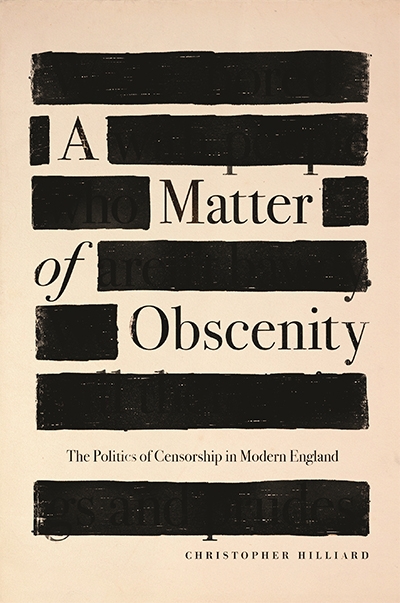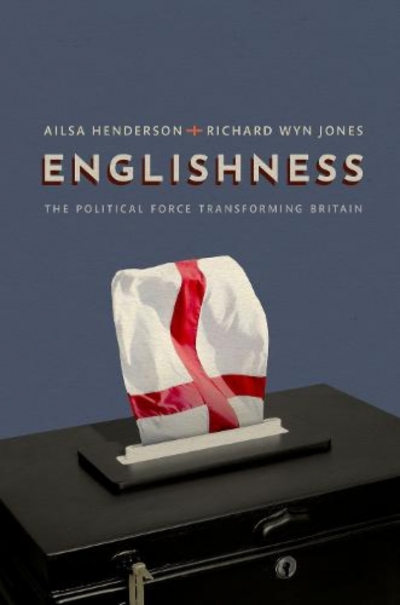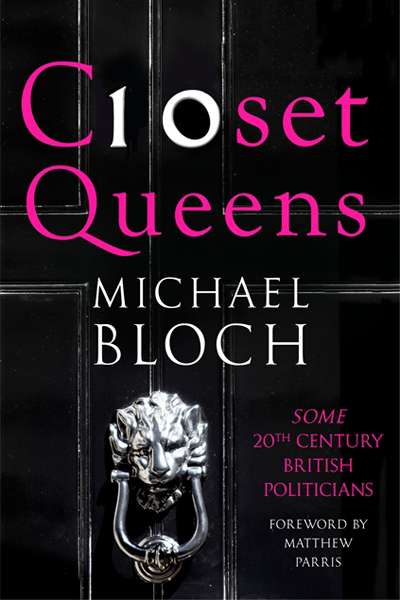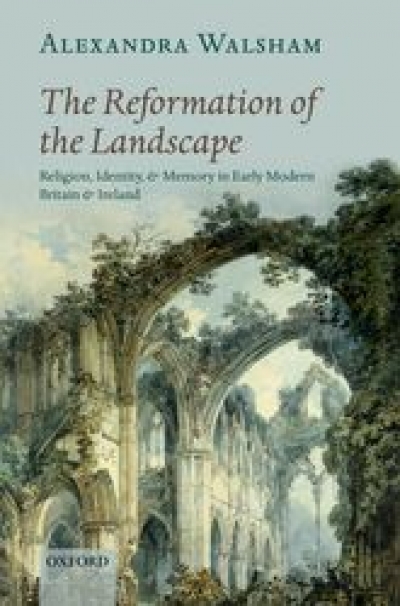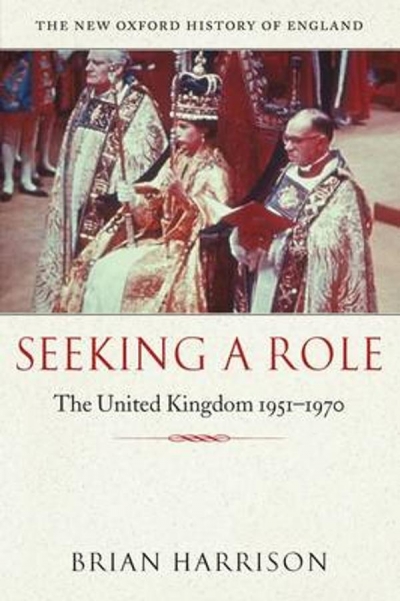United Kingdom
Butler to the World: How Britain became the servant of tycoons, tax dodgers, kleptocrats and criminals by Oliver Bullough
by Kieran Pender •
The Secret of Emu Field: Britain’s forgotten atomic tests in Australia by Elizabeth Tynan
by Michael Winkler •
A Matter of Obscenity: The politics of censorship in modern England by Christopher Hilliard
by Geordie Williamson •
Englishness: The political force transforming Britain by Ailsa Henderson and Richard Wyn Jones
by Ben Wellings •
Closet Queens: Some 20th century British politicians by Michael Bloch
by David Rolph •
The English Country House in Literature: A Critical Selection edited by Geoffrey G. Hiller
by Sarah Dempster •
Unfinished Empire: The Global Expansion of Britain by John Darwin
by Robert Dare •
The Reformation of the Landscape: Religion, Identity, and Memory in Early Modern Britain and Ireland by Alexandra Walsham
by Wilfrid Prest •
Seeking A Role: The United Kingdom 1951–1970 by Brian Harrison
by Neal Blewett •

